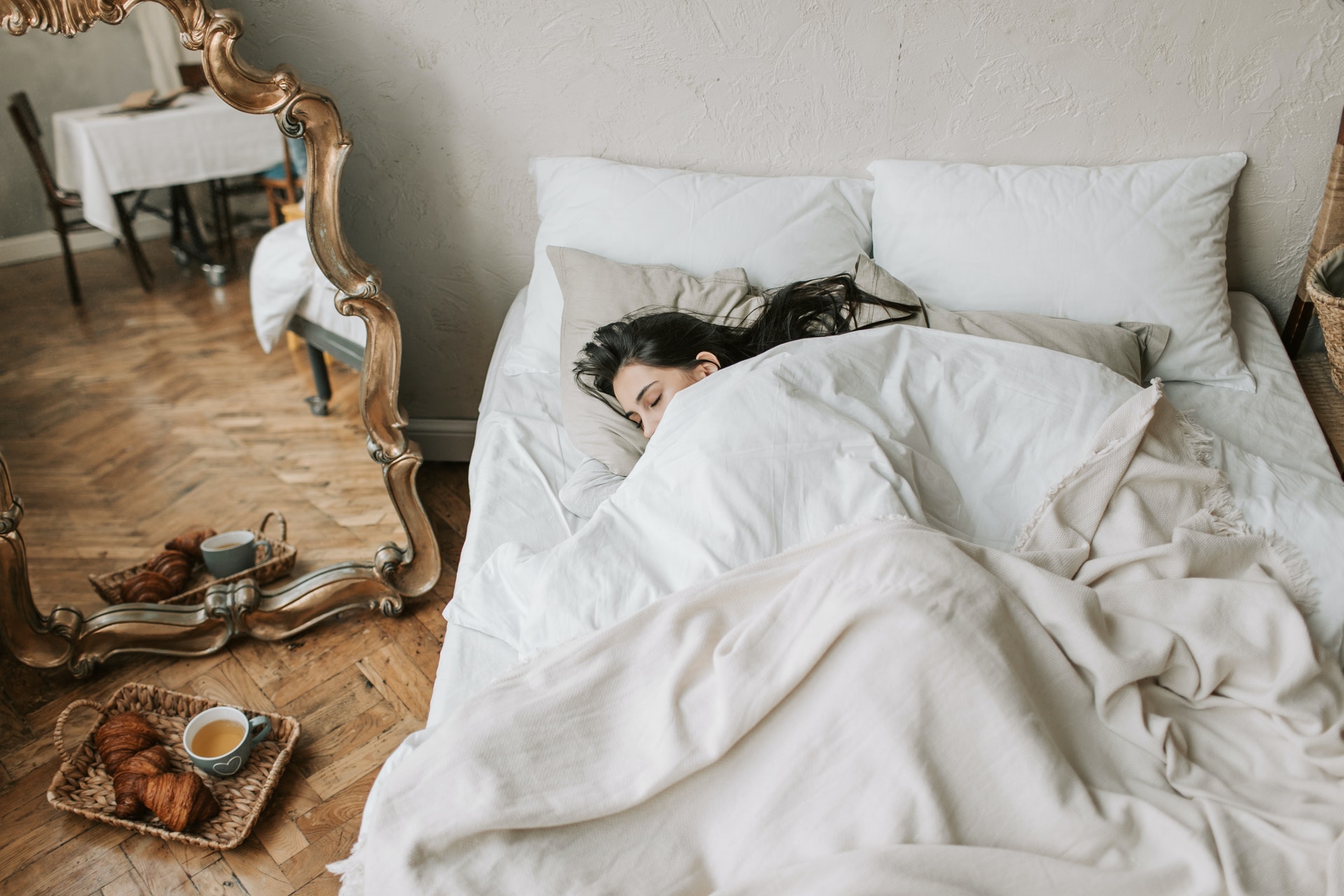Snoring is standard behavior and you will experience frequent snoring for various reasons. However, your snoring will cease to be normal when it makes you gasp and choke in the middle of the night, interrupting your sleep. Chronic snoring could be a sign that you could be having sleep apnea. Therefore, you must contact your doctor for a diagnosis and figure out the possible underlying cause of your condition. Matthew W. Shawl MD is a skilled otolaryngologist specializing in various conditions affecting your throat, ears, and nose including sleep apnea in Union Square.
Types of sleep apnea
This is the most common and you will have it when your upper airway’s muscles supporting the soft tissues relax when you are asleep, blocking normal airflow in and out of your mouth and nose. When your muscles relax, your airway shuts or narrows down when you breathe in. Since you cannot get adequate air for your body, your blood’s oxygen levels drop, forcing your brain to detect the inadequacy. As a result, your brain rouses you from your deep sleep for you to open your blocked airway and let in oxygen. As a result, you are likely to have interrupted breathing and loud snoring.
Central sleep apnea
Unlike obstructive sleep apnea, you will not have a blocked airway with central sleep apnea. However, your brain will fail to trigger your muscles used to breathe, primarily because of instability in your respiratory control center. As a result, you will experience moments when you will not be able to attempt breathing.
Mixed sleep apnea
Your doctor will diagnose you with mixed sleep apnea when you have a combination of central sleep apnea and obstructive sleep apnea happening concurrently.
Symptoms of sleep apnea
Though the three types are different, they share similar signs. You will experience most of the symptoms because of inadequate oxygen levels in your blood and poor sleep. The common symptoms you will have with sleep apnea include:
- Daytime sleepiness
- Fatigue
- Consistent loud snoring
- Snorting, choking, or gasping in your sleep
- Morning headaches
- Irritability
- Morning dry mouth or sore throat
How will your doctor help alleviate the worrying sleep condition’s symptoms?
Your doctor will most likely advise you to change your lifestyle if you have a mild sleep apnea case. If the condition results from an allergic reaction, your doctor will prescribe medications to deal with them. Suppose the conventional options fail to work, the specialist could recommend therapies or a surgical procedure to correct your breathing muscles’ malfunction. The therapies your care provider might suggest include continuous positive airway pressure, the use of airway pressure devices, and adaptive servo-ventilation.
On the other hand, surgical procedures could include the use of implants and tissue removal or shrinkage.
In addition to these therapies, another effective solution for some patients is the use of a sleep apnea mouthpiece. A sleep apnea mouthpiece is a custom-made oral appliance that helps maintain an open airway by repositioning the jaw and tongue during sleep. This can significantly reduce the symptoms of sleep apnea and improve sleep quality for those affected.
Sleep apnea could adversely affect your sleep quality if you do not seek medical attention in time. You could choke, gasp, or snort several times throughout the night, making it impossible for you to have a peaceful, deep sleep. Do not let sleep apnea prevent you from enjoying quality sleep. Schedule an appointment with Matthew W. Shawl, MD, for a new dawn in your sleep.



